Creating an Effective “Join-Up” With Young People
What Are the Top Ten Questions to Ask Teens About Sexual Ethics
In a time when sex education is severely limited (in many states to an “abstinence only” approach), it becomes imperative for caring adults to hold the hard conversations that fill in the gaps of what teens are not learning at school.
The challenge for many is that we often project fear into these conversations. Fear that young people will reject our attempts; fear that we won’t know what to say; fear that there is just too much to cover so where do you start? All of these are common concerns when exploring sexual ethics with teens.
An extremely helpful starting point, for one’s own peace of mind, is to remember that having any conversation is better than having none.
Another helpful starting point is to, as my colleague would say, “press the easy button.” Adults are famous for making things more complicated than they need to be when it comes to having hard talks with teens. But a lot of the challenges that we create in our minds, are often just that: created by our own fear.
What does it mean to “press the easy button”? Well, it will mean different things to different people, but there is a crucial connecting point that is sometimes hard to hear: We can do a lot more to help our kids stay safe if we listen to their lived experiences a bit more and tell them what we think they should do a bit less.
Fear is often the undercurrent behind the desire to make sure young people have all the “do’s and don’ts” around sexual safety. But the digital age has proven to upset the apple cart on much of the traditional “lessons,” making the need to connect with young people where they are at that much more important.
Here are a few concerning statistics that illuminate the need for more adult interaction and assistance:
Most young people have either stumbled upon or are actively engaged in pornography use in order to better “understand” the sex experience.
Most teenage girls have experienced cyber harassment.
The demographic most at risk of sexual assault are teenagers, by other teenagers.
Assault rates for boys is steadily going up, and at the middle school level is equal to girls. Likewise, boys are more likely to be targeted in sextortion cases.
All of these are troubling, to say the least, and why the absence of comprehensive sex education and assault prevention in schools is so frightening. We can do a lot in our individual relationships, though. Often, the individual relationships teens have with trusting adults are the most important lifelines on their journey to adulthood.
In our courses, we have found that asking the reflective questions is the best way of introducing safety tools to teens. Rather than a series of “do’s and don’ts,” questions facilitate discussion and reflection. They offer a bridge of understanding between the generations and a way to explore together how specific tools can work best for specific personality types.
What are the Most Important questions to ask Teens when it comes to Sexual Ethics?
Here are a few:
Who would you talk to if you felt unsafe (emotionally, sexually or physically) in your relationship?
What does it feel like in your body when you are uncomfortable with someone who is getting too close or behaving inappropriately?
What would you say if someone was making you uncomfortable?
What is your safety protocol with friends when out for an evening, especially if substances are involved?
Do you know how to communicate your personal boundaries (and level of sexual readiness) to a partner?
What do you and your friends tend to do when you get a request for a nude picture?
Have you and your friends ever practiced a role play with each other where you act out setting a boundary with someone who is threatening you?
Have you ever been in a romantic relationship with someone who had toxic behaviors but you thought they might change if you were patient?
Do you know what body signals to look for when a romantic partner is uncomfortable?
What do you say or do in that situation to increase their comfort level?
Asking any one of these questions strengthens the ability for your teen to think reflectively about their own behavior as well as the behavior of others. In other words, even if they don’t answer in the moment, it is likely a question they will think about and hopefully bring up with their friends.
At Be Strong, Be Wise, we recognize that in a culture that does not normalize sexual assault prevention or sex education, these conversations with young people become that much harder to navigate. Our courses are devoted to paving the way for a simpler, easier approach; one that builds awareness in young people and confidence in adults.
This season, we invite you to “press the easy button” when it comes to these hard talks, and remember we are here to help! When it comes to creating a safer world for young people, joining forces becomes a necessity.
If iyou are nterested in bringing the BSBW course to your school or community, just go to https://www.bestrongbewise.com/curriculum to find out more. We would love to partner with you!

